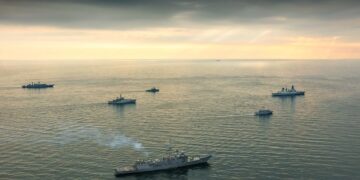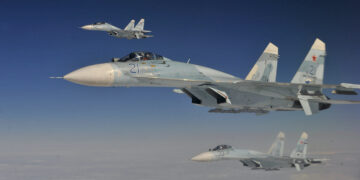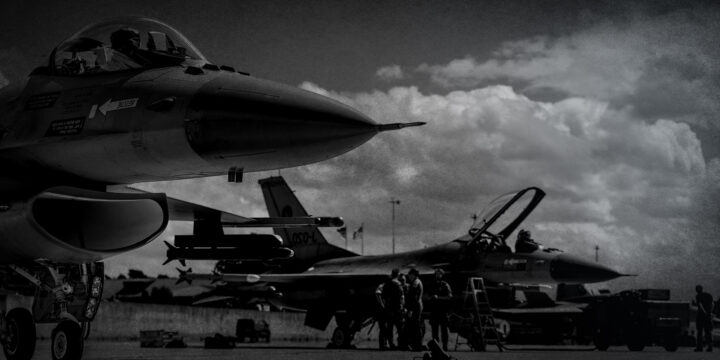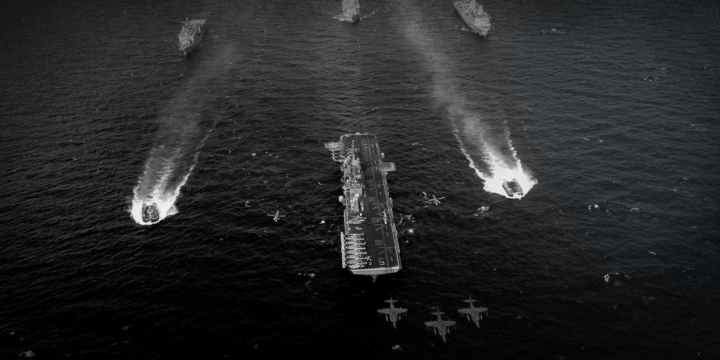February 18, 2025
The Trump administration’s first trip to Europe spurs more questions than answers
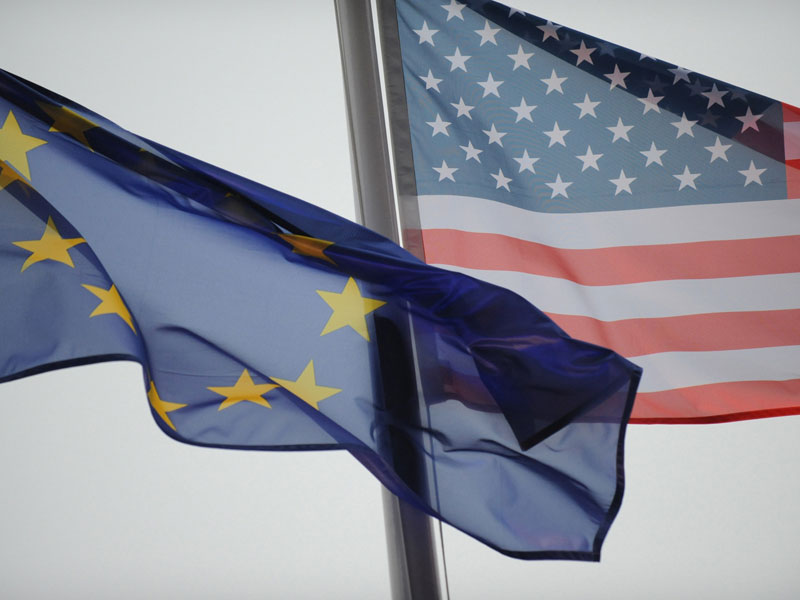
If our European allies were hoping for reassurance from President Donald Trump’s administration during the Munich Security Conference in Germany last weekend, then they left the hotel ballroom sadly disappointed. The multiday event, previously used by senior foreign policy officials as a platform for convincing the rest of the world that the transatlantic alliance is alive and thriving, was a setting for anxiety and trepidation this year.
Europe’s leaders of course understood that the Trump White House wouldn’t be as mealymouthed and committed to the old security paradigm as Joe Biden was when he was president. But even the European delegates in the room came away shocked with what Trump administration officials were saying. Defense Secretary Pete Hegseth, for instance, delivered a bold speech during the conference’s opening day by spouting some hard truths: Ukraine is unlikely to get all of its territory back, the U.S. won’t be sending in its own troops to enforce any ceasefire (assuming one gets hashed out) and European militaries need to get serious about investing in hard power if they want to be something more than irrelevant bystanders.
Vice President JD Vance didn’t even bother talking about Ukraine or Russia, choosing to instead blast European political elites for shutting out far-right parties from acceptable political discourse. The Europeans were aghast; when it was his turn to speak, German Defense Minister Boris Pistorius denounced Vance’s assertion that free speech in Europe was under assault.
More on Europe
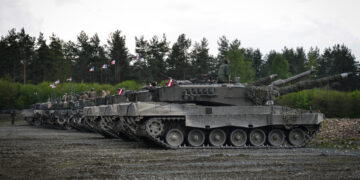
September 12, 2025
Featuring Daniel Davis
September 8, 2025
Events on NATO


